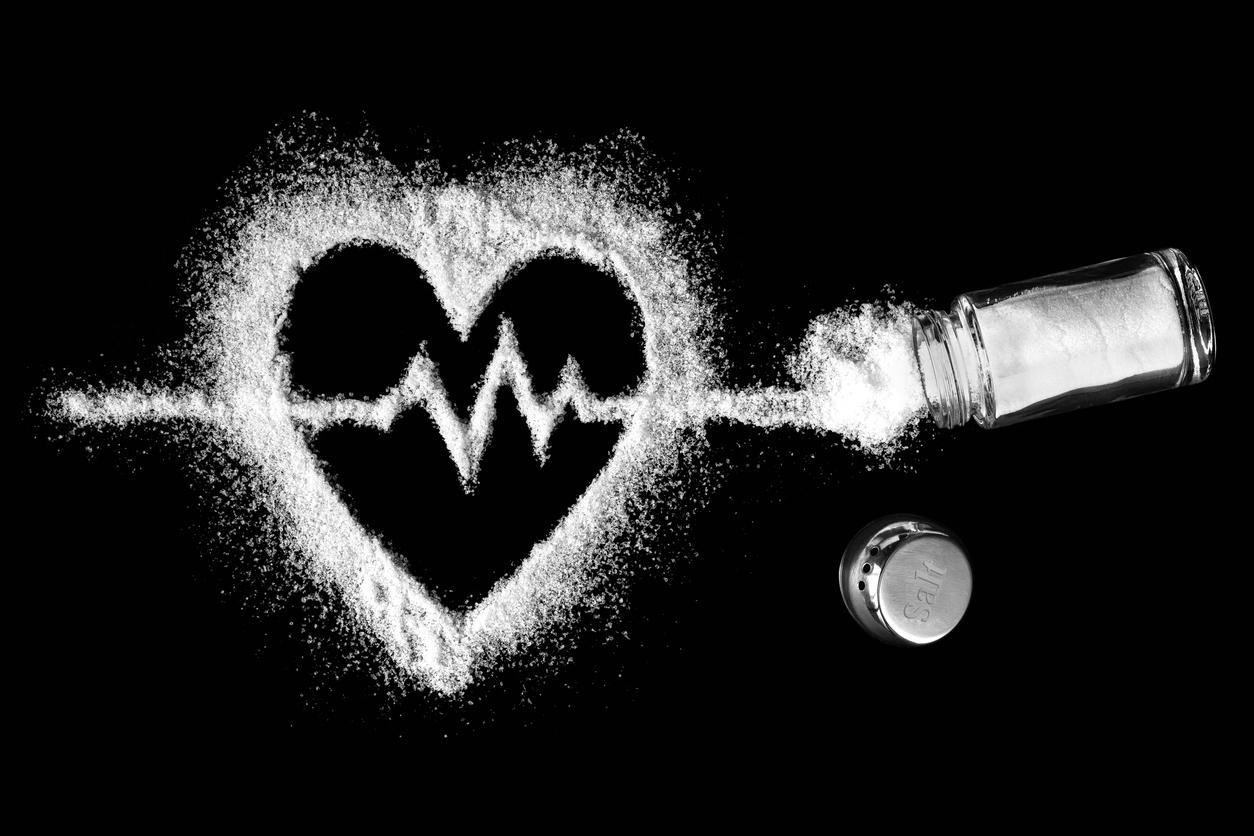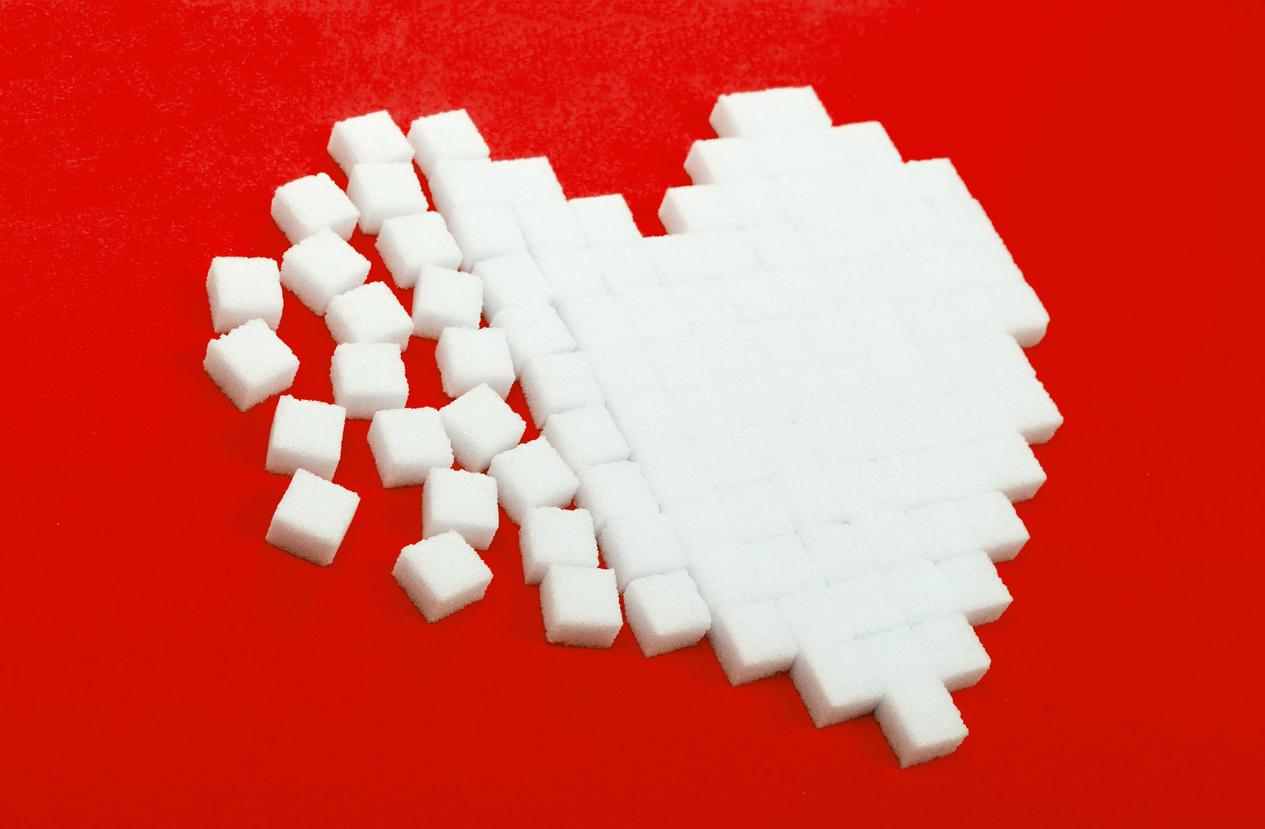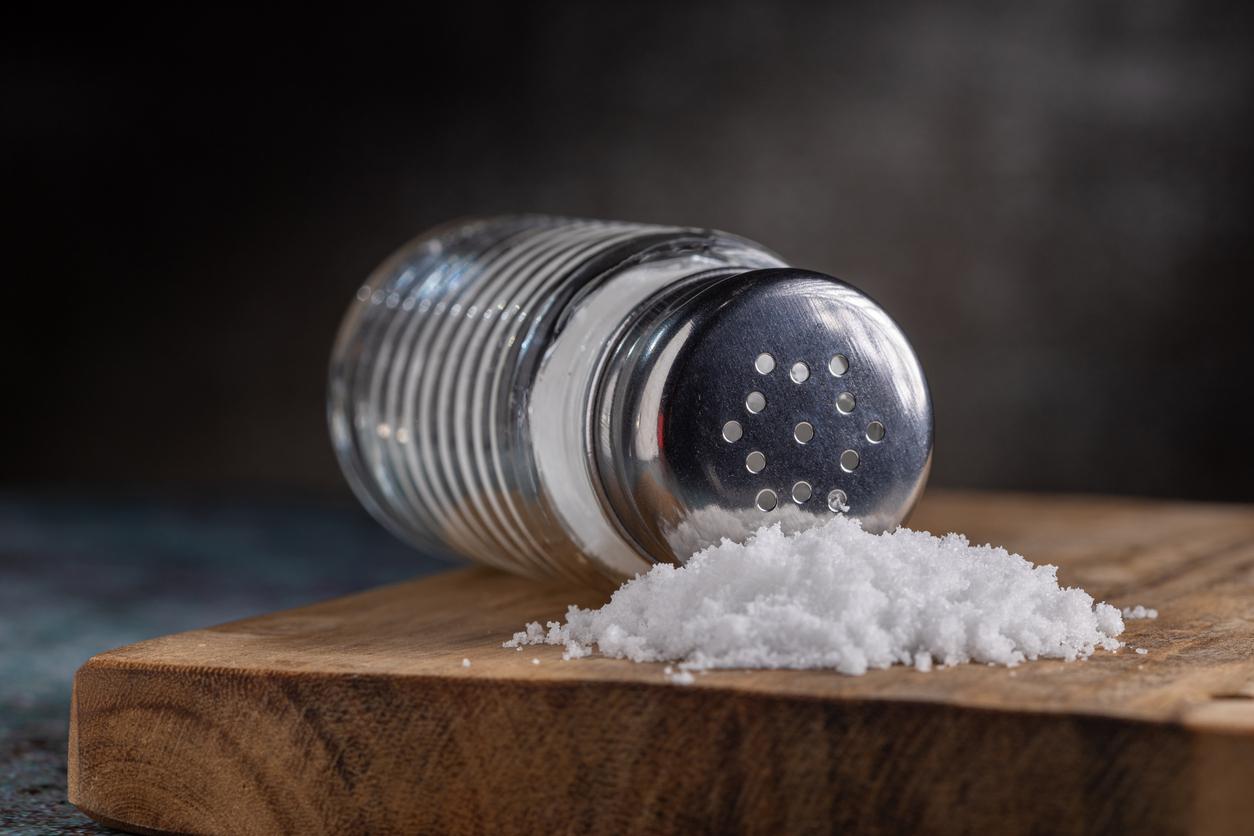If you have to limit your salt intake when you suffer from heart failure, it is harmful to reduce the sodium to a level that is too low.

- It is recommended to limit your salt intake when you suffer from heart failure, however the rate is open to debate.
- According to the study, do not reduce below the recommendations issued in the USA, ie 2.3 grams of sodium per day.
- Patients who consumed less than the recommendations had an 80% greater risk of dying.
It is recommended that people with heart failure pay attention to their salt intake in order to reduce the risk of high blood pressure or even water retention. However, limiting dietary sodium to less than the recommended level, around 2.3 g per day, is bad for the heart, according to experts. creighton university medical school work (USA) which will be presented at the congress of the American College of Cardiology at the beginning of March.
Heart: excessive sodium reduction can be counterproductive
The researchers brought together nine controlled trials that assessed the effects of salt restriction in people with heart failure. Most of this work was carried out between 2008 and 2022, with the exception of one experiment published in 1991. All of these trials represent nearly 3,500 patients. The most restrictive diets ranged between 1.2 to 1.8 g per day.
After analyzing the pooled data, the scientists found that patients on a diet with a sodium intake of less than 2.5g per day were 80% more likely to die than those on a diet close to salt recommendations.
Anirudh Palicherla, lead author of the study, confirms in a statement: “Our results showed that limiting dietary sodium to less than the usual recommendation was counterproductive in the management of heart failure.”
Finding the right dose of salt for heart failure
“Restricting sodium is still the way to go to help manage heart failure, but the level of restriction has been debated”explains the main author before adding “This study shows that the focus should be on establishing a safe level of sodium intake rather than restricting it too much.”
It is therefore important, for him, that new research is carried out to determine the optimal salt levels for people with heart failure, but also to identify the subgroups that could benefit from targeted and personalized restriction.
Currently, the Food and Drug Administration recommends consuming no more than 2.3 g of salt per day. To achieve this goal, it is necessary to favor fresh fruits and vegetables and to cook with basic ingredients rather than processed products very rich in salt. “When eating out or buying prepared foods, ask for nutrition information or read food labels and choose foods with the lowest sodium content.“, add the researchers of the American university.














-1739366311.jpg)



